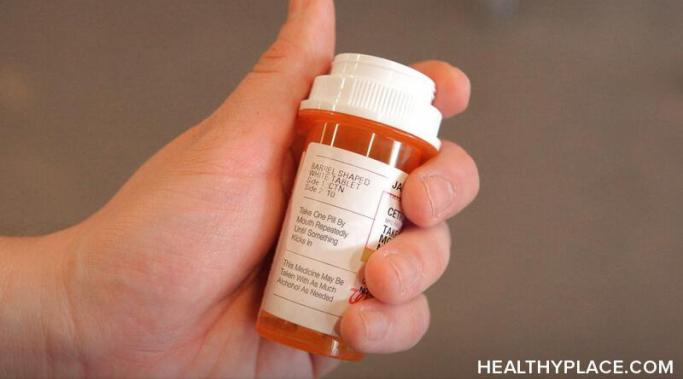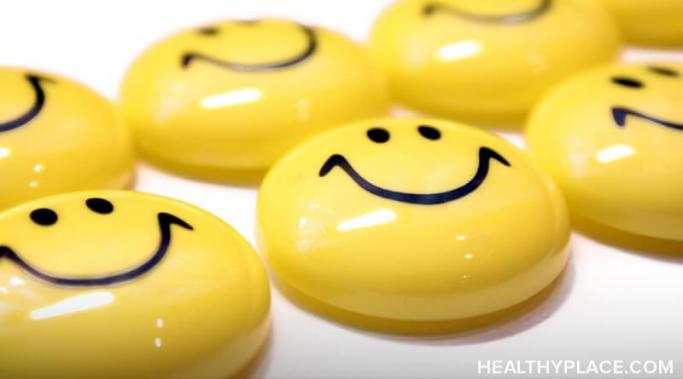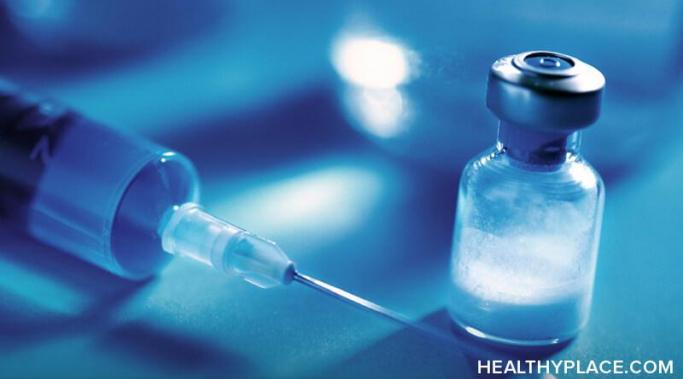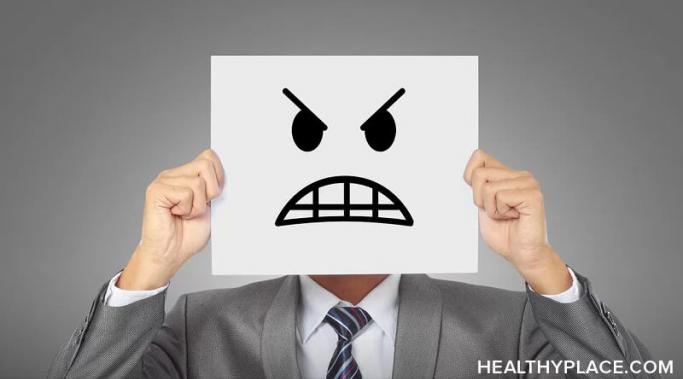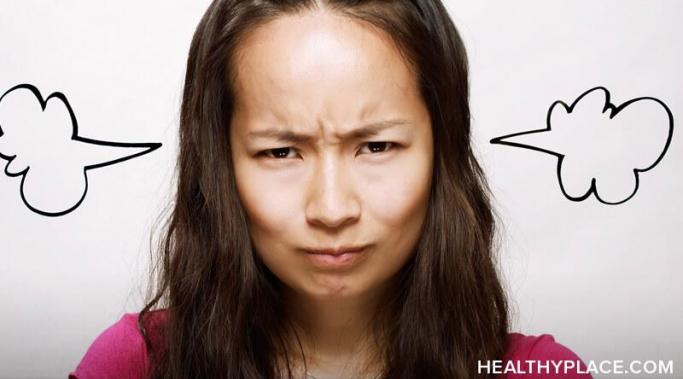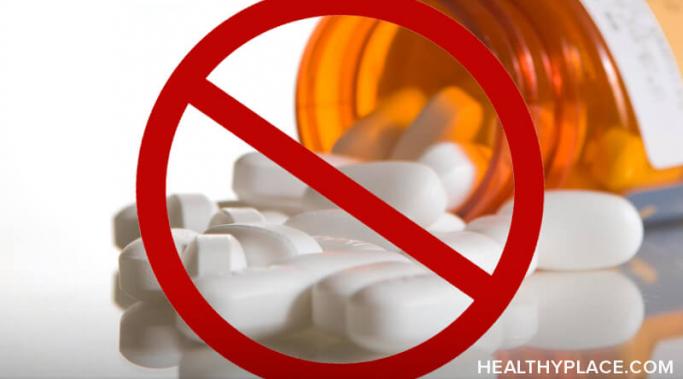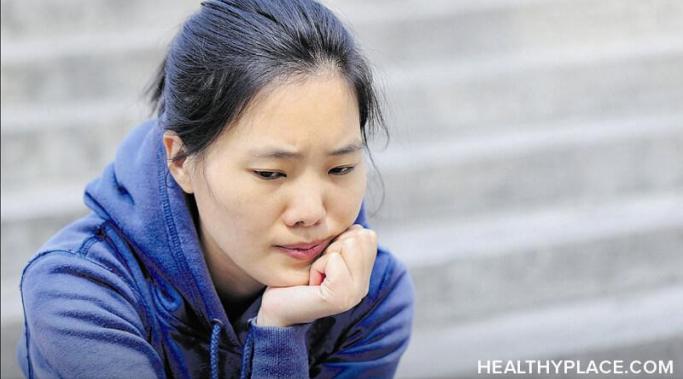People often wonder how long they should try a bipolar medication before switching it for something else (due to inefficacy). I have taken a look at this question, and the answer may surprise some people. When I think about how some doctors (and patients) look at the question as to how long to try a bipolar medication, I think they often get it wrong.
Breaking Bipolar
I checked my Twitter feed this morning and learned of a new unique bipolar depression medication. I'm going to be honest; it made me smile and set me up for a great day. This is not necessarily because I want to run out and take it, but more because I'm glad people with bipolar disorder suffering from depression finally have a new option that is different than the ones we have been working with for years. A unique bipolar depression medication almost feels like a safety blanket to me.
It is hard to set goals when you're anhedonic because of depression. In fact, many times it feels impossible. When you don't feel any pleasure, why have a goal? And it's not like the other symptoms of depression lend themselves to goals either, so it's no wonder people have problems setting goals with depression-driven anhedonia.
COVID-19 vaccine refusal could be related to depression. I know there might not seem to be a link there, but I suspect there is. Depression could affect how a person feels about getting a vaccine for a number of reasons, and it may lead all the way up to vaccine refusal thanks to depression.
In my last post, I talked about how I experience depression as anger or rage. In this post, I'm going to talk about how to handle anger or rage that is really depression in disguise.
Anger or rage can actually be depression in disguise. I've learned this the hard way. Sometimes I walk around wanting to punch someone in the face because I'm so angry -- when I have absolutely nothing to be angry about. But the fact of the matter is, while the feelings of anger or rage are real, the cause is not always anger, per se, but depression. Depression has disguised itself as anger or rage.
It's not uncommon for people with bipolar disorder (and other mental illnesses) to think they're fine and they don't need bipolar medication. There are several reasons for this, and it can happen at any time during treatment. This thought pattern can truly hurt people. So, let's take a look at why some people with bipolar disorder think they don't need bipolar medication.
I'm wondering if what I want matters with bipolar. It feels like it doesn't. This is because one of the main coping skills I use is called "act the opposite." This coping skill is pretty widely known. It simply means to do what you bipolar doesn't want you to do. This is a way of fighting against the detrimental effects bipolar can have on your life. But after years of "acting the opposite," I'm left wondering if what I want matters at all with bipolar.
It's critical to have a support system when you have bipolar disorder. Support systems, in fact, are very important for every person, but they're even more so when you have a serious mental illness. But the questions people sometimes ask are what is a bipolar support system, how do I get one and how do I use it.
I suffer from doctor anxiety. Well, I suppose I suffer from generalized anxiety, but, certainly, some of it belongs to doctors specifically. And this week, I have a great (mis)fortune of meeting two new doctors. Meeting doctors is part of healthcare and part of trying to keep yourself as healthy as possible, so, in that sense, it's a positive thing. On the other hand, the anxiety I feel around doctors is looming large.
